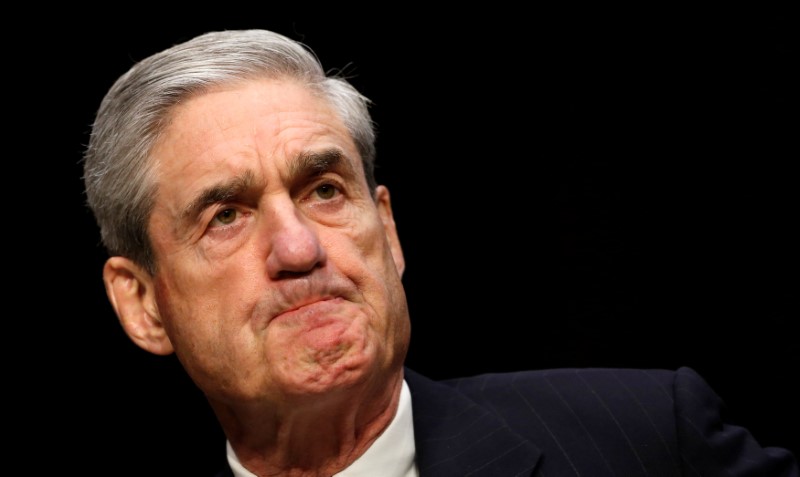By Nathan Layne
(Reuters) - A veteran political consultant who pleaded guilty in August in a case spun out of U.S. Special Counsel Robert Mueller's Russia probe should get a lenient sentence to account for his "substantial" assistance in other criminal investigations, U.S. prosecutors said on Monday.
Samuel Patten, 47, is a former business partner of Konstantin Kilimnik, a Russian national accused by Mueller of having ties to Russian intelligence. Kilimnik was indicted in June.
Among other offenses, Patten pleaded guilty to communicating with U.S. lawmakers and the media on behalf of the Opposition Bloc, a Russia-aligned political party in Ukraine, without disclosing that work to the Justice Department, in violation of the Foreign Agents Registration Act (FARA).
Patten had been cooperating with the special counsel's probe. His case has also sparked interest in Washington amid a widening crackdown by the Justice Department on undisclosed lobbying.
Federal prosecutors in Washington, who started investigating Patten after receiving a referral from Mueller, said in a court filing on Monday that Patten met or spoke with government investigators on the phone nine times.
He was also willing to serve as a witness in one of two cases against Paul Manafort, Trump's former campaign chairman, who had also worked for the Opposition Bloc. Manafort ultimately pleaded guilty, obviating the need for a trial.
"Patten has served as a valuable resource for the government in a number of other criminal investigations, providing helpful information about additional individuals and entities," prosecutors wrote in the filing.
While the prosecutors did not suggest a specific sentence, they said leniency was warranted given Patten's assistance.
Mueller wrapped up his investigation two weeks ago without establishing a criminal conspiracy between Russia and the Trump campaign. The full Mueller report has not been released to the public yet but is expected in redacted form as early as this week.
While acknowledging he broke the law, Patten argued in his own sentencing memo that his case differed from other FARA violations, which have typically involved a lobbyist attempting to conceal the identity of the client and the source of funds.
"Mr. Patten did not create companies or entities to hide who he was working for or to conceal foreign influence," Patten's lawyer wrote in the filing arguing for a sentence of probation.
Patten also admitted to arranging for a U.S. citizen to act as a straw purchaser to pay $50,000 for four tickets to the inauguration of President Donald Trump on behalf of a Ukrainian oligarch, who reimbursed Patten through a Cypriot account.
The move circumvented U.S. law prohibiting foreigners from providing money to an organization running the inauguration.
Patten is due to be sentenced on Friday.
